Europe "sitting on fire"
The US-Russia negotiations could cause Europe to lose its position on the Ukraine issue, as well as Europe’s own security. If Europe previously positioned itself as an indispensable party in the conflict, now the risk of Europe being left out of the game is increasingly real. It can be seen that the recent developments on the Ukraine issue, from the US-Ukraine negotiations agreeing on a 30-day ceasefire, to the phone call between the US and Russian presidents agreeing on a 30-day ceasefire on Ukraine’s energy infrastructure, all bear the mark of US shuttle diplomacy .
Europe has been on tenterhooks in recent days with a series of busy diplomatic events. On March 20, European leaders and military officials from the region held separate meetings to discuss a long-term plan to bring peace to Ukraine. About 30 military leaders from countries interested in monitoring a lasting ceasefire in Ukraine gathered at a location north of London, England. Meanwhile, European Union (EU) leaders gathered in Brussels, Belgium, to discuss security issues, especially continued aid to Ukraine, and to assess recent developments and the US ceasefire proposal.
In another move, immediately after taking office, new Canadian Prime Minister Mark Carney chose France and the United Kingdom as his first foreign destinations, ignoring his neighbor. On March 17 in Paris, Mr. Carney confirmed to French President Emmanuel Macron that his country “will always and in all things ensure the security of Europe”. The leaders of the two countries pledged that Canada and France will support Ukraine as a “peacekeeping force”.
During their second stop in the UK, Canadian Prime Minister Mark Carney and his host counterpart Keir Starmer reaffirmed their commitment to a closer and more effective Canada-UK relationship. Speaking at talks at 10 Downing Street, Prime Minister Keir Starmer stressed that the UK and Canada are allies, the closest and most enduring partners. Both leaders agreed that the Canada-UK partnership is based on history, shared values and the Commonwealth foundation; both countries wish to strengthen the relationship.
French President Emmanuel Macron and British Prime Minister Keir Starmer are now actively promoting the initiative to send peacekeepers to Ukraine, even stating that the Western allies are under no obligation to ask Russia whether they approve such a mission, as the final decision “rests with sovereign Ukraine.” According to the French leader, this could include, for example, “deploying thousands of troops from each country to key locations for training” and “demonstrating the West’s long-term support” for Ukraine.
It is too early to talk about the formation of a new transatlantic alliance, but amid tensions between the US and its NATO partners, small blocs and “interest clubs” are beginning to form. There are already Franco-British and Anglo-Polish military alliances, and other bilateral mechanisms such as Franco-Canada and Anglo-Canada are likely to emerge.
Such developments are in the interest of the new US administration, President Donald Trump has made no secret of his desire to shift the burden of its own defense to the Europeans. French President Emmanuel Macron has also expressed his desire to discuss a common European nuclear defense framework, which is seen as one of the key signs of a historic shift in the vision of European security. The Europeans have chosen to propose their own proposals rather than follow their main ally, the US.
Is Europe lost?
However, the question is: Are European countries trying to pursue strategic autonomy or are they exposing themselves to alienation due to their disagreement with the US? First, the emergence of a stronger and more strategically independent Europe is entirely possible, but it must be understood that this will require more resources, effort and time. Meanwhile, Europe is facing a series of challenges that need to be addressed. One of the major challenges is that the Trump administration's tariff policy has a negative impact on European economic growth, with the EU's GDP expected to fall by 0.3% in 2026 if the 10-20% tariff is implemented. In addition, the new tariff war between the US and China could also seriously affect export-dependent economies, such as Germany. According to analysts, tariffs are seen by the US administration as a bargaining chip, while the possibility of similar retaliation is unlikely. This would turn into a deflationary shock, a global fragmentation that would hurt trade-dependent Europe in the long run.
Rising gas prices will continue to be one of the biggest challenges for Europe in 2025. For Germany, whose economy is facing a prolonged slowdown in its key manufacturing sector, economists forecast growth of just 0.4% in 2025 and 1% in 2026, a reduction of 0.3 percentage points each year. Forecasts for France have also been downgraded, while Spain is expected to grow slightly faster than previously forecast.
Second, internal unity and solidarity are what European leaders have always strived to promote, but have never achieved. The recent EU summit is the clearest proof of this statement. According to Politico on March 21, the EU's high representative for foreign affairs and security policy, Kaja Kallas, proposed a plan to mobilize 40 billion euros in military aid for Ukraine this year. However, this plan was defeated after EU leaders ended their meeting in Brussels. The main problem was the lack of consensus among EU member states. Some countries, such as Hungary, vetoed the plan, while others were reluctant to support the aid package when their domestic public debt was ballooning.
Third, the plan to send peacekeepers to Ukraine would also be a difficult one. For Russia, Moscow could discuss peacekeeping after an agreement is reached. That is, if the parties agree that the “peace package” requires international support, a topic for discussion would emerge. This could include unarmed observers, a civilian mission that would monitor implementation of certain aspects of the ceasefire, or guarantee mechanisms.
However, sending European peacekeepers to Ukraine in the current war situation will face fierce opposition from Russia. At that time, the risk of direct conflict between Russia and Europe may occur. This is a scenario that European countries do not want. There are many reasons to explain this issue, the most prominent of which is the fear of nuclear retaliation, but even in a conventional war, European tactics and weapons cannot guarantee that the bloc will gain the upper hand over Russia. The situation will be even more difficult for Europe when the Trump administration is likely to stay out of the game if this scenario occurs.
Understanding the risks of confronting Russia, not all European countries are eager to send their troops to Ukrainian territory. For example, at a meeting in Brussels on March 17, Italian Foreign Minister Antonio Tajani said that Rome was against sending troops to NATO or EU missions. “We could do this if there was a UN mission in the buffer zone with the approval of the UN Security Council. But for now, let's end the war first, and then see what happens,” the Italian foreign minister was quoted as saying by Izvestia. Berlin also spoke out against sending peacekeepers to Ukraine ahead of schedule. The initiative of Paris and London was not supported by Slovakia, Finland and Croatia.
HUNG ANH (Contributor)
Source: https://baothanhhoa.vn/tu-chu-chien-luoc-hay-la-su-co-don-lac-long-nbsp-243302.htm


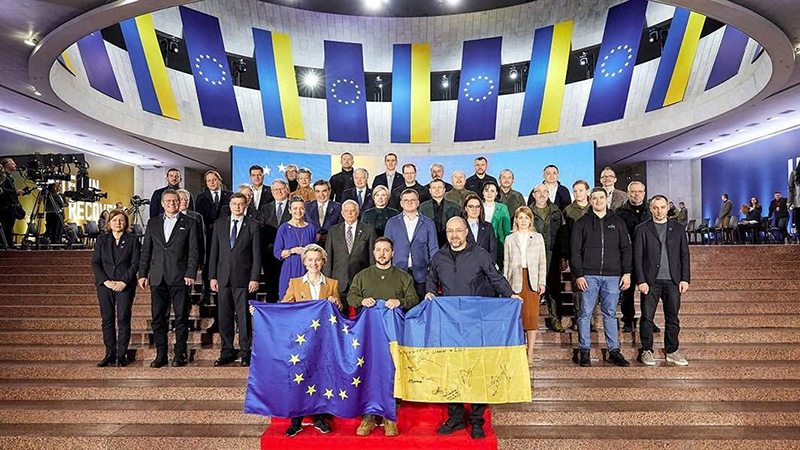
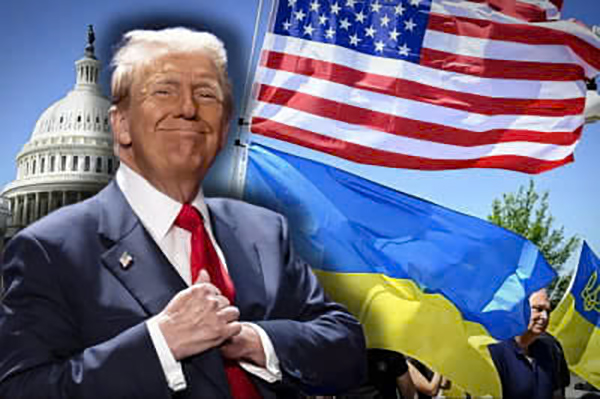
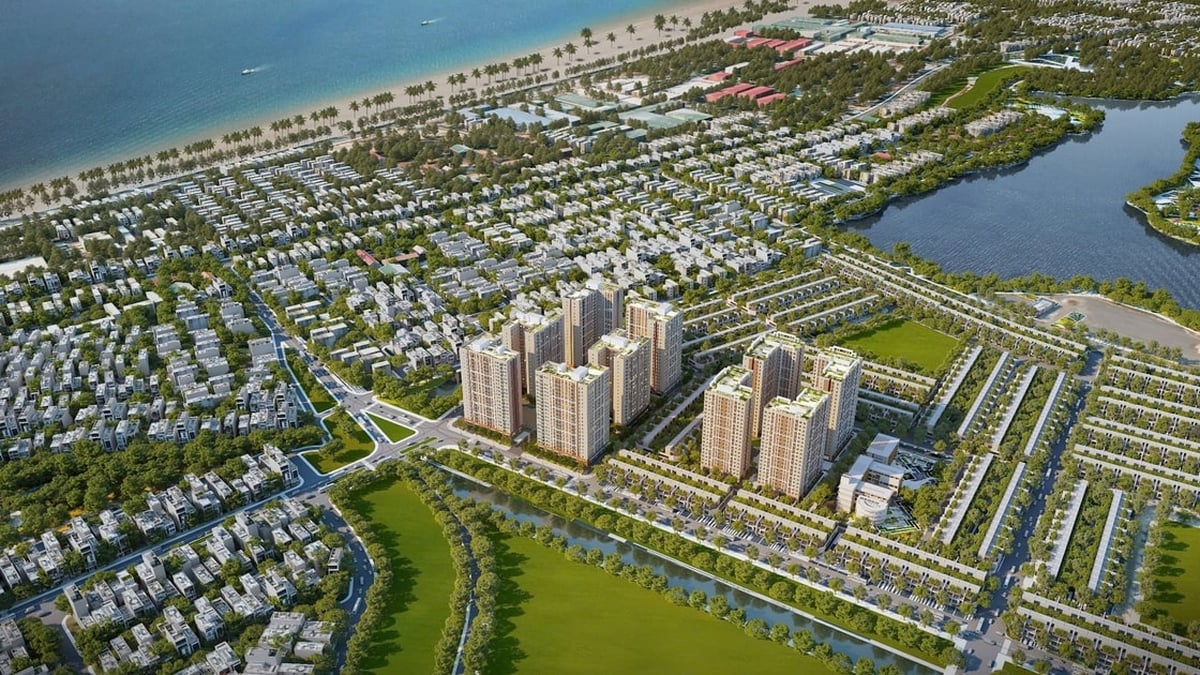

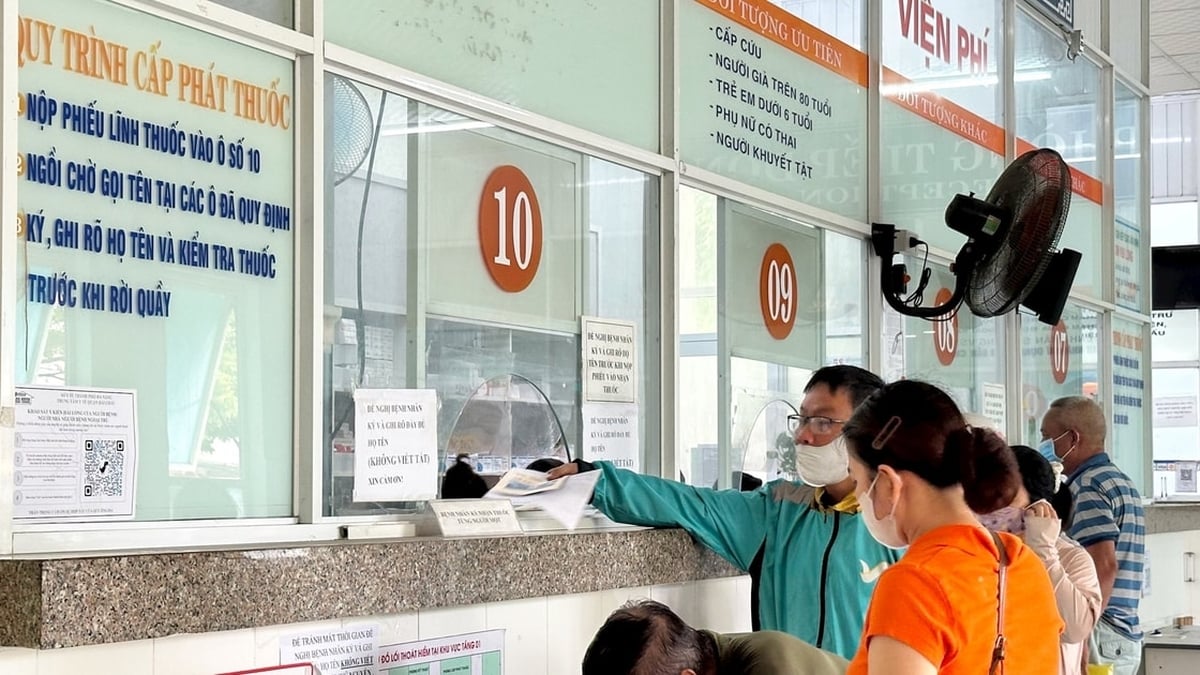



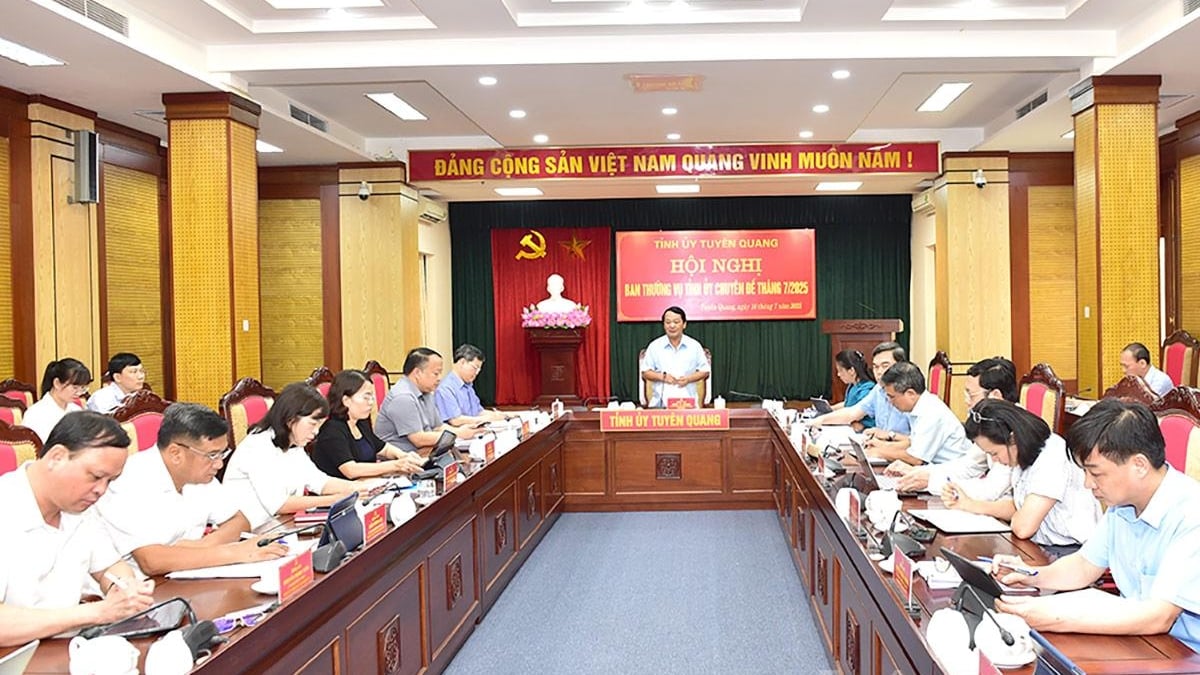

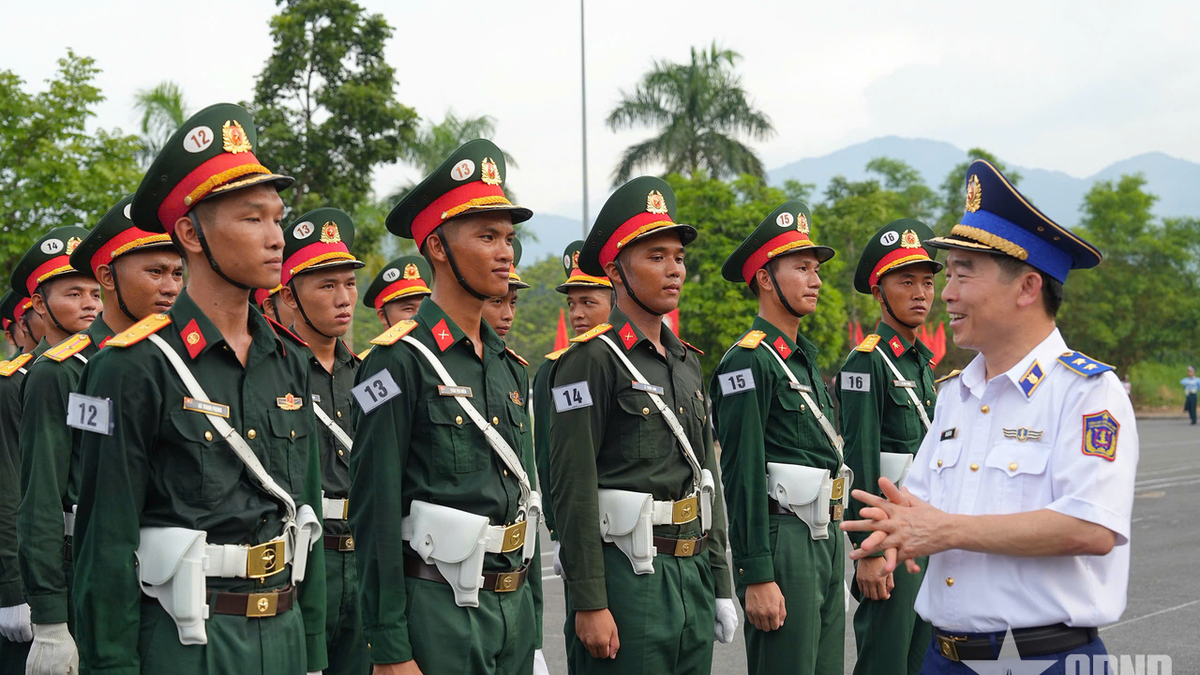
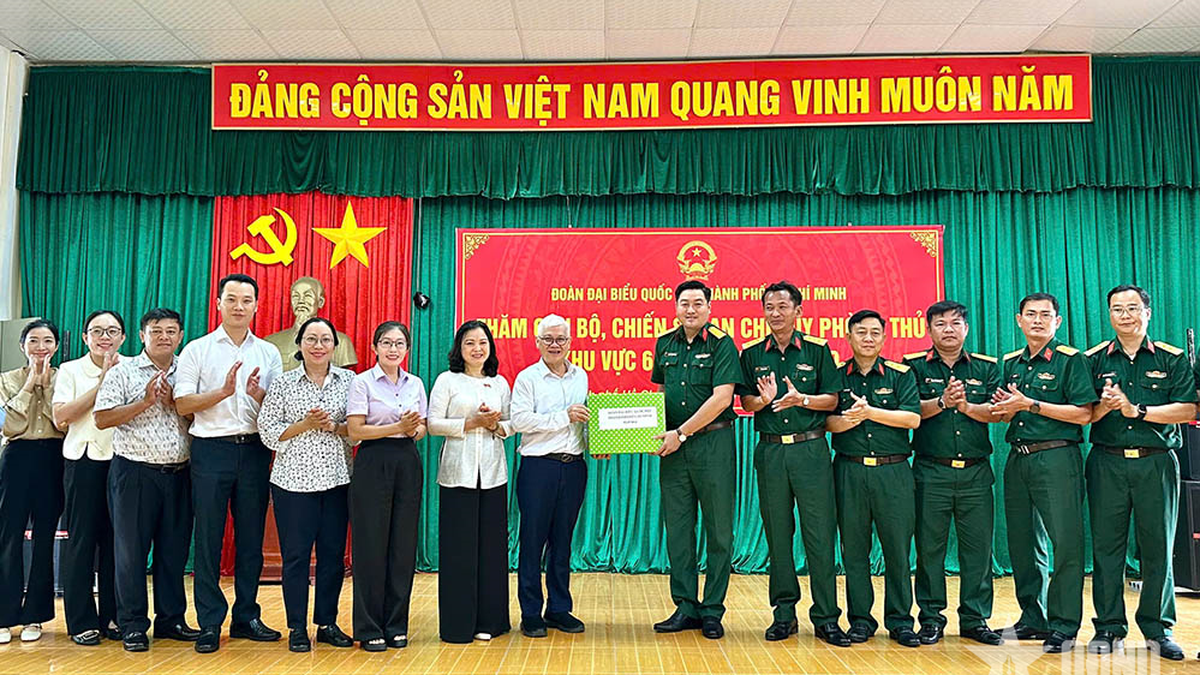








































![[Maritime News] More than 80% of global container shipping capacity is in the hands of MSC and major shipping alliances](https://vphoto.vietnam.vn/thumb/402x226/vietnam/resource/IMAGE/2025/7/16/6b4d586c984b4cbf8c5680352b9eaeb0)



















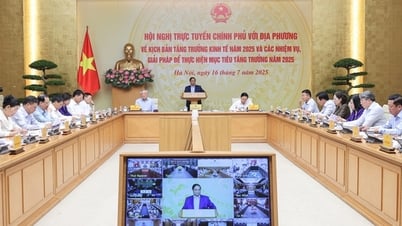























Comment (0)